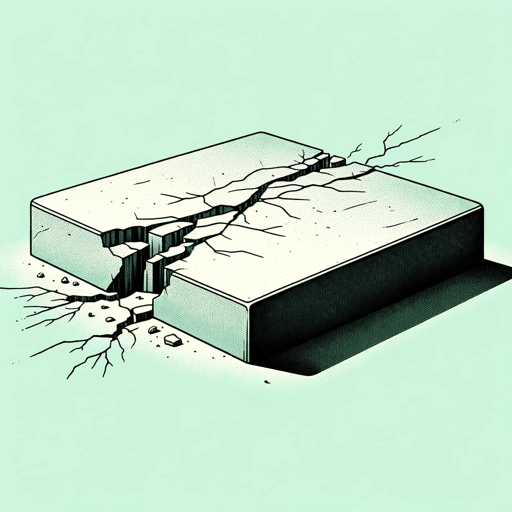52 pages • 1 hour read
Mike DavisLate Victorian Holocausts: El Niño Famines and the Making of the Third World
Nonfiction | Book | Adult | Published in 2000A modern alternative to SparkNotes and CliffsNotes, SuperSummary offers high-quality Study Guides with detailed chapter summaries and analysis of major themes, characters, and more.
Background
Historical Context: Late Victorian Era
Queen Victoria ruled the British Empire from 1837 to 1901. In the latter years of this era—known as the Victorian Period—the empire grew significantly. Davis suggests that the Victorians took advantage of the drought-famines plaguing the Global South to enrich their mother country and expand imperial power. Though the El Niño Southern Oscillation (ENSO) caused these disasters, the British worsened them through their concomitant liberal capitalist and imperialist policies. The Empire, for instance, engaged in a “land grab” when disaster struck, thus benefiting the mother country while devastating the Global South. The “third world,” Davis argues, emerged during the Victorian era.
When the disastrous Irish Potato Famine (1845-1852) left approximately two million Irish people dead, the catastrophe established a model for British policy in India. Free market economics led British Prime Minister John Russell to create “relief programs” that forced Irish famine victims to work for relief, under the assumption that free relief encouraged idleness. Furthermore, the British government passed relief responsibilities on to landlords in Ireland, who failed to reduce the suffering experienced by the tenant farmers on their lands, who were totally dependent on potatoes for survival. Landlords evicted starving families rather than financially support them. This disaster caused mass emigration to the United States, Canada, and Australia.
Related Titles
By Mike Davis



